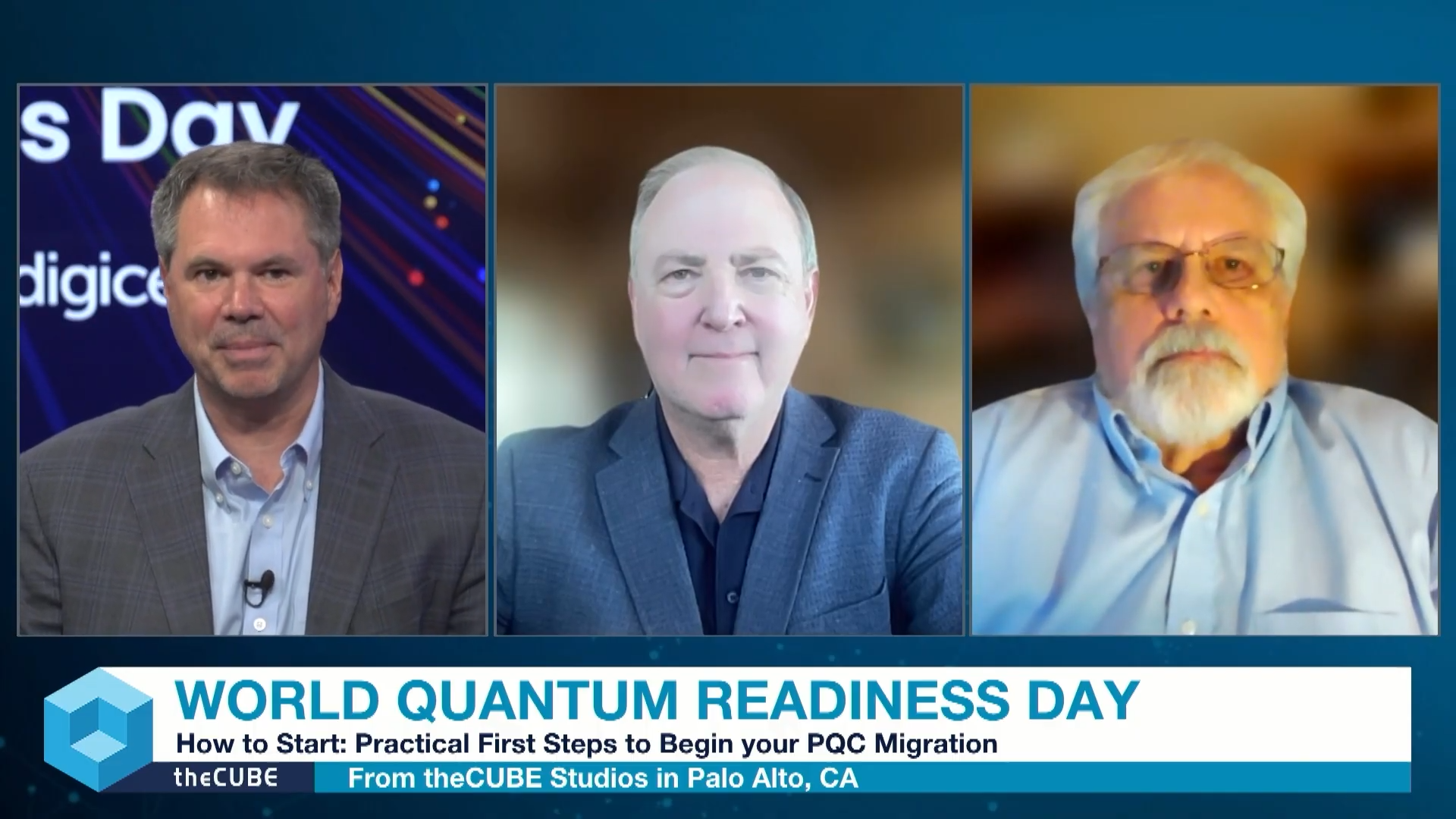The emergence of quantum computing presents significant challenges to current encryption systems, prompting leading cybersecurity experts to accelerate the development of post-quantum cryptography (PQC). Organizations like Wells Fargo Bank & Co., Accenture PLC, and DigiCert Inc. are initiating PQC pilot programs to prepare businesses for a future where traditional encryption may no longer be secure. These efforts are crucial as experts emphasize the need for early adaptation to avoid costly last-minute adjustments once quantum threats become a reality.
During a recent discussion at the DigiCert World Quantum Readiness Day, Tom Patterson, managing director of emerging technology security at Accenture, stated, “Pilots are a really important way to focus when you’re looking at a PQC migration.” He highlighted that these pilot programs validate approaches and help organizations envision how to integrate new technologies into their existing systems. Alongside Jeff Stapleton, a post-quantum cryptography researcher at Wells Fargo, Patterson underscored the urgency of adapting to quantum advancements.
While the current RSA encryption system has served its purpose for decades, both Patterson and Stapleton argue that its eventual obsolescence is inevitable. “This [PQC] is just another series of cryptographic transitions,” noted Stapleton. “However, this is going to be a big one. This is going to affect the entire financial services industry.” They pointed out that historical patterns show every cryptographic standard has a lifespan, and proactively investing in PQC now can prevent future financial burdens associated with rushed upgrades.
Demonstrating the effectiveness of PQC pilots is vital in gaining industry trust. Patterson indicated that tangible results from pilot programs not only prove the technology’s capabilities but also assist businesses in visualizing how these changes align with their long-term strategies. For instance, Accenture has created pilots that can easily transition to new standard algorithms as they become available, ensuring companies remain at the forefront of cybersecurity advancements.
Staying updated with evolving industry standards is critical as organizations prepare for the quantum era. Patterson and Stapleton advised that companies engaged in tracking these standards, or collaborating with partners who do, will be better positioned to implement secure practices in a timely manner. “The information is not kept secret,” Patterson remarked, stressing the importance of awareness and early adaptation. “This is a global change that’s underway, and there’s a lot of great information available.”
Quantum computing may seem daunting, but the experts framed it as a significant, manageable transition within the cybersecurity landscape. They urged organizations to start exploring PQC pilots now rather than waiting for the emergence of quantum-based cyberattacks. “We’re taking the position that nobody can be left behind,” Stapleton asserted. “Everybody’s going to have to upgrade. And, frankly, if you’re not ready and the Q Day occurs, you’re just not going to be a vendor to us.”
The discourse around PQC and its implications for the financial services sector is expected to continue as the industry prepares for the inevitable quantum shift. The full video interview from the DigiCert World Quantum Readiness Day event is available for those seeking more insights on this critical topic.
This proactive stance on post-quantum cryptography underscores a pivotal moment in cybersecurity, ensuring that organizations are not only aware of the changes on the horizon but are also equipped to face them head-on.






































































